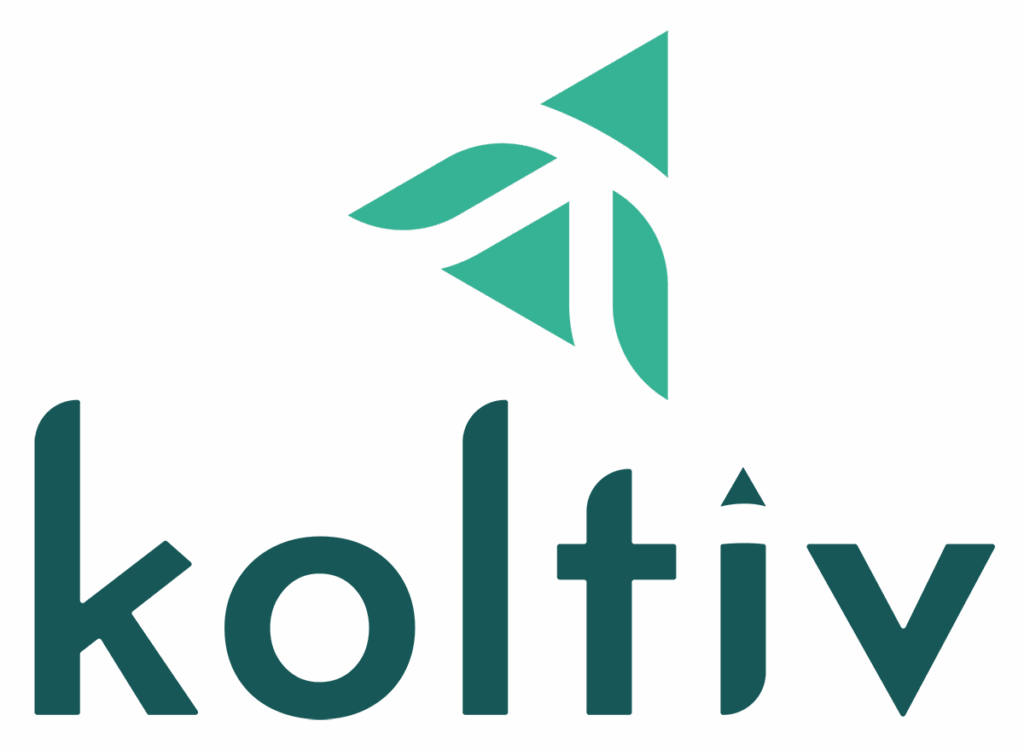Power Breakfast preview: When should businesses speak up or take action?
Join us for a conversation on corporate social responsibility, community impact

We’ve seen countless examples of leaders of businesses speaking up or taking action related to social issues or current events in the past few years.
Business leaders may find themselves thrust further into the political fray after Politico reported that a leaked draft Supreme Court opinion shows a majority of justices voted in February to overturn Roe V. Wade, the 1973 decision that guaranteed a woman’s right to have an abortion.
Some Texas companies were already paying for employees who needed to travel to another state for abortion services because of recent legislative restrictions, which is not a role businesses have typically played.
Nearly daily there has been news about businesses publicly taking a stance on one issue or another – the pandemic, racial equity, mental health. Some of the choices have been well received by consumers, while others have fallen flat – or worse.
Not all businesses have made their opinions public, of course, but business leaders have increasingly been having conversations about whether they should speak out, whether they should take action, and how doing so might be perceived by stakeholders and consumers. These decisions can be tough, and leaders may feel like there’s no right answer as some may criticize you for not doing enough while others may accuse you of doing too much, preferring you “stick to business.”
A few national examples of business involvement with a variety of issues:
- Krispy Kreme ran different promotions to give away free donuts with proof of vaccination or proof of donating blood.
- A new index began tracking how businesses were responding to the Ukraine crisis.
- Some corporate statements about Black Lives Matter in 2020 went awry, as consumers called the businesses out for not having actions that backed up their words.
- A few businesses are said to have created larger and more timely sustainability pledges than government institutions, showing the power of the private sector.
- Walt Disney Co.’s spat with Florida Gov. Ron DeSantis over recent education legislation that LGBTQ advocates have stood firmly against has caused other businesses to evaluate their own corporate social responsibility strategies.
- Black Rifle Coffee Co., a coffee company founded to support veterans, active-duty military and first responders announced plans to go public via a business combination with SilverBox Engaged Merger Corp. in 2021. It’s one of many businesses founded with a purpose beyond the bottom line.
While those are more high-profile national examples, business decisions that go beyond what traditionally would have been considered an organization’s line of work are happening here in Iowa as well. With the Business Record’s mission to help businesses do business better, we felt this was fodder for great conversation at our next Power Breakfast.
Part of the business community’s expanded role in other parts of society is driven by the need for attracting more workers – which is why we’ve seen organizations creating more benefits and flexibility. At the same time the global stewardship consumers expect from a company has also increased. Furthermore, some companies have said they will not relocate to areas they don’t perceive as inclusive and business lobbyists have openly advocated against legislation that makes the state seem unwelcoming when in the past they may not have weighed in.
So which issues should business leaders involve themselves with? How should organizations choose the issues they align themselves with through their philanthropic work? How are corporate social responsibility and environmental, social and governance strategies affecting your work?
With so many issues to take a stance on and so many ways to make a difference in the community, we’re turning to a few business leaders who have wrestled with these questions themselves. They will share how they think about business impact in society and we’ll dig into how that could apply to your organization.
We’d love for you to join us.
Panelists:
Tanner Krause – CEO, Kum & Go
Eileen Wixted – principal, Wixted and Co.
Jo Christine Miles – director, Principal Foundation and Community Relations
Scott Johnson – Thome professor in business, interim associate dean for research, Iowa State University Ivy College of Business
Date: Thursday, May 12
Time: 7 a.m. networking, 7:30-9 a.m. program
Location: Embassy Club, 666 Grand Ave. (Ruan Center)









